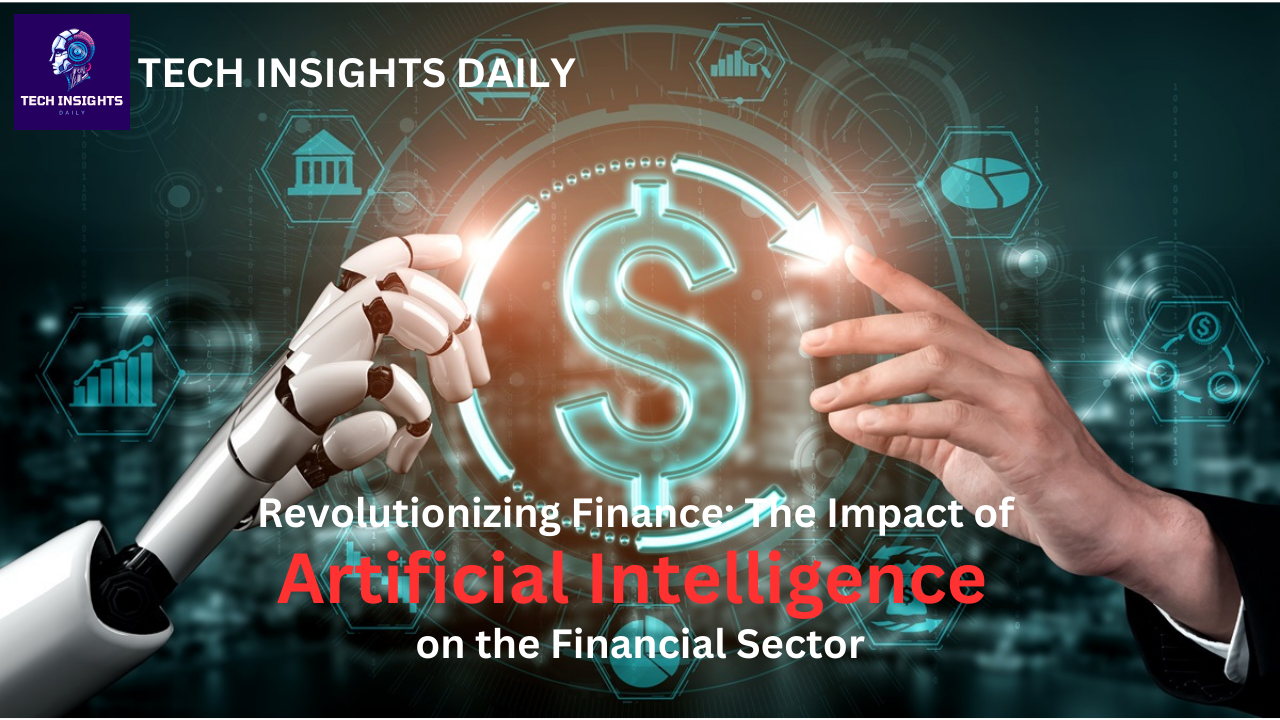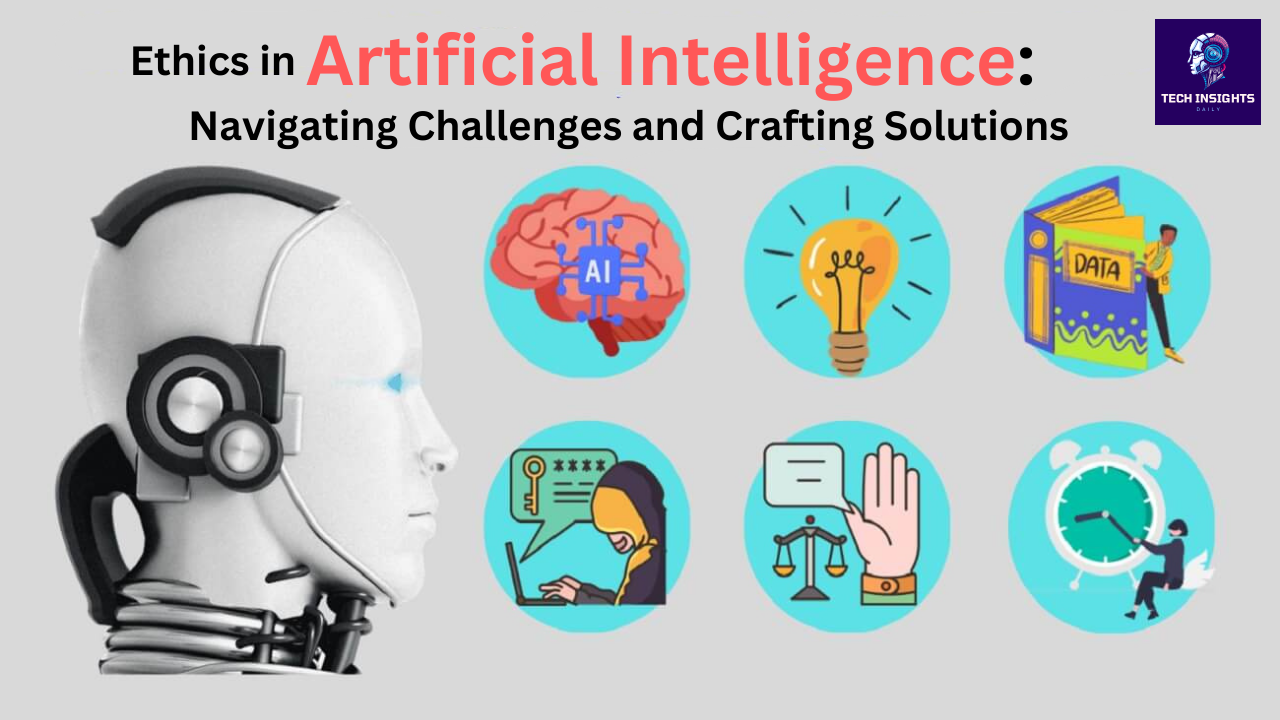Introduction
Artificial intelligence has become or is becoming a major alternation in various industries, with an impact on the financial industry as well. AI is better data processing, automating work using algorithms and machine learning, as well as adding greater value to the evaluation of financial markets. The purpose of this work is to describe the unrivalled development of artificial intelligence in the field of finance: its uses, benefits and potential developments.
Key use cases of AI in the financial industry
Automated trading involves the use of artificial intelligence where algorithms are built to read large data sets in the market, and trade accordingly, to generate profits with very little losses. It should also be eminent that using these algorithms allows making decisions faster than a trader, given the number of real offers and past experience.
Risk Management AI is used in financial organization to identify risks and manage risks by inspect patterns of transaction data. This includes fraud detection, credit risk analysis and checking companies' compliance with various rule standards.
CX/CRM self-service through chatbots and virtual assistants enables customer support and addresses customer treat and transactions. Of the two, these tools will be able to predict customer behavior and trends, thereby providing recommendable financial products and services.
Credit Scoring Traditional credit scoring techniques have negative premise because they depend on only a few variables. AI, though, can consider various data, such as information about user activity on social networks, and other behavioral data, to give an appropriate credit rating.
A fraud detection AI system can identify all the curious and odd behaviors in transaction data sets that would stipulate that fraud has been enact in real-time. This approach also reduces the chances of damages and makes the entire system more secure.
Benefits of Artificial Intelligence in Finance
Improved efficiency: By automating most workflows, financial institutions are able to handle large amounts of data in a short amount of time. This results in huge time and cost savings.
Improved decision-making process: As it grip deep probe of market trends and customer conduct that were not possible before. This enables financial institutions to provide better investment portfolios and value-added services to clients.
Optimizing Customer Relations: AI improves customer relationships by delivering fast and relevant information on customer queries. One can have adapt recommendations and resulting services that can increase customer satisfaction and loyalty.
Reducing the labor factor through automation: Cost reduction is the main unbiased of automation which helps in managing tasks more proficiently. This leads to a reduction in operational costs within the financial institution.
When we are thinking about future AI development trends, we have to look at the following areas in AI in Finance:
Interconnection with Blockchain: Using both technologies will further improve Blockchain technology as it will improve transparency, security, and efficiency of financial transactions. Such unification could firmly change areas such as international payments and even smart contracts.
Innovation 2 - AI in Financial Planning: After further development, AI-models will be used for individual financial planning according to the person's capacity and risk palate. This will make it possible to bring financial planning services to the masses and thus provide solutions to a larger population.
RegTech: AI will continue to support regulatory monitoring and reporting. This will help financial institutions to maintain legal compliance with appear regulations.
Ethical considerations: As the use of artificial intelligence in the financial industry continues to grow, the moral aspect will need to be aapraise. The transparency, fairness, and accountability of AI algorithms when determining the afloat of borrowers will play an important role in building and maintaining trust in financial systems.
The result
Financial industries are growingly benefiting from artificial intelligence by increasing business nimbleness, improving organizational decision-making and offering better customer satisfaction. Therefore, as AI technology advances, its application in finance will increase more and more, presenting opportunities and challenges to financial institutions. Thus incorporating AI methods into the ground will become imperative to stay in business in the dynamic financial environment.











